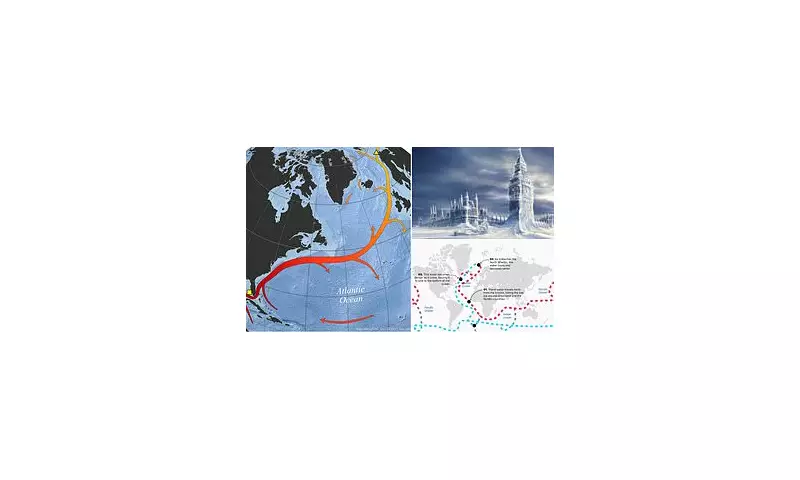
The Gulf Stream, a crucial ocean current that helps regulate the Earth's climate, has weakened to its slowest rate in over three centuries, according to alarming new research. Scientists warn that this slowdown could have far-reaching consequences for weather patterns, sea levels, and marine ecosystems across the globe—particularly in the UK and Europe.
Why the Gulf Stream Matters
Often described as the planet's 'heat conveyor belt,' the Gulf Stream transports warm water from the Gulf of Mexico towards northern Europe, moderating temperatures and influencing weather systems. Without it, the UK could experience colder winters and more extreme weather events.
Key Findings from the Study
- The current has weakened by approximately 15% since the mid-20th century.
- This decline is linked to melting Arctic ice, which dilutes seawater and disrupts circulation.
- If trends continue, the Gulf Stream could collapse entirely, triggering abrupt climate shifts.
Potential Consequences for the UK
A further slowdown could lead to:
- More severe winter storms and colder temperatures.
- Rising sea levels along the eastern US and UK coastlines.
- Disruptions to marine life, affecting fisheries and biodiversity.
Experts urge immediate action to reduce greenhouse gas emissions and mitigate further damage to this critical climate regulator.





